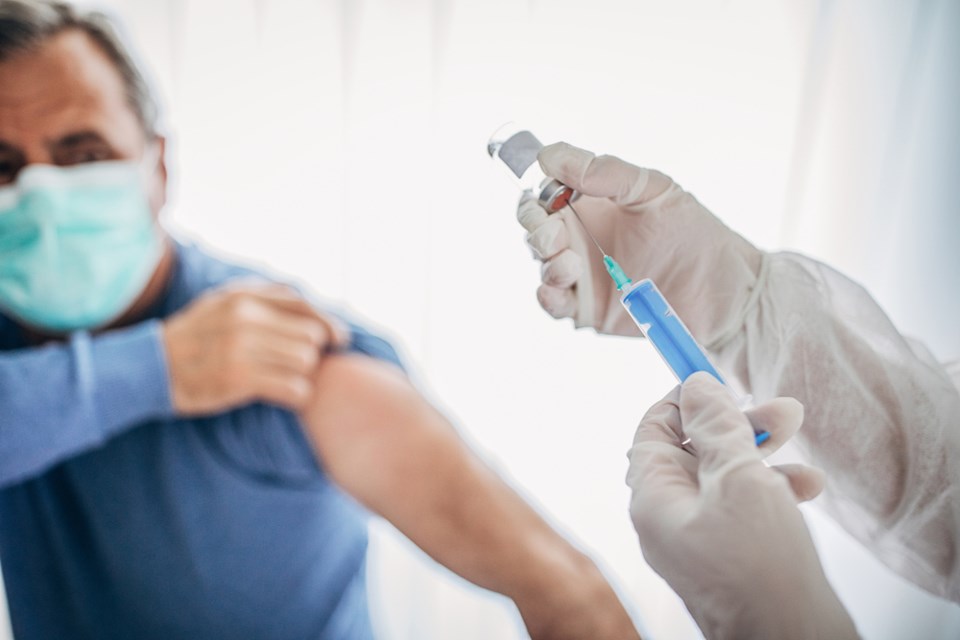The largest delivery yet of COVID-19 vaccine doses bound for Canada is due to arrive this week.
Public Services and Procurement Minister Anita Anand confirmed Tuesday (March 2) the first 500,000 doses of the Covishield vaccine from the Serum Institute of India will reach Canada by Wednesday.
That comes on top of the 444,600 Pfizer Inc. doses previously scheduled to arrive this week, totalling 944,600 doses between the two manufacturers.
Moderna is not due to deliver its next shipment until March 8 and it remains unclear when the first AstraZeneca plc doses will arrive.
Anand said the federal government has received assurances from the provinces and territories that they have the ability to administer the increasing number of doses arriving in Canada after weeks of shortages.
“We will continue to work to accelerate deliveries,” she said during a virtual briefing.
The Covishield vaccine is essentially the same as the just-approved AstraZeneca vaccine, save for the fact it is produced by a different manufacturer.
AstraZeneca partnered with the Serum Institute of India in January in a bid to produce more of its doses at scale.
A total of two million doses from the Serum Institute of India are expected to arrive by mid-May.
Canada’s separate order of 20 million AstraZeneca vaccine doses will come from a U.S. manufacturing facility but it’s unclear when the first of those doses will arrive.
Amid concerns the Americans may throttle exports of vaccines to other countries, Anand said she’s been told by AstraZeneca that there should not any issues.
The surge in deliveries comes after B.C. officials revealed on Monday they were significantly delaying the interval between first and second doses in a bid to vaccinate more people.
Moderna and Pfizer recommend intervals of three to four weeks, but B.C. has been delaying that interval to six weeks since January.
The province is now delaying that interval to 16 weeks, with officials citing data that shows the vaccines have proven to be effective for at least four months after a single dose.
“I think it’s a live issue,” said Dr. Howard Njoo, Canada’s deputy chief public health officer.
He added the National Advisory Committee on Immunization is still weighing the balance of vaccinating a larger number of Canadians by delaying the intervals without reducing the effectiveness of the vaccines.
“There will be a continuous monitoring of the vaccine effectiveness as we go along,” Njoo said.



